EV Range Estimator - Calculate Real-World Electric Vehicle Range
Accurate range calculations based on temperature, speed, and driving conditions. Get instant, personalized estimates for 100+ electric vehicles.
Range Calculator
Estimated range
Results are estimates based on WLTP data and standard correction factors. Real-world range may vary based on many factors.
Your Trusted EV Range Estimator
Planning your next electric vehicle journey shouldn't be guesswork. Our advanced calculator helps you understand exactly how far your EV can travel under real-world conditions. Whether you're commuting in freezing winter temperatures or cruising on summer highways, accurate range estimation makes all the difference between a smooth trip and an unexpected charging stop.
Unlike simplified range calculators that only show manufacturer ratings, our tool considers the factors that actually impact your daily driving. Temperature affects battery chemistry and cabin heating needs. Highway speeds create aerodynamic drag that significantly reduces efficiency. Even your driving style and terrain elevation changes play crucial roles in determining real-world range.
With data from over 100 electric vehicle models, our estimator combines official WLTP specifications with extensive real-world testing results. This means you get predictions that match actual driving experiences, not just laboratory test conditions.
Why Choose Our Range Calculator?
Get realistic estimates by accounting for every factor that affects your electric vehicle's performance.
Verified Data Sources
Every estimate draws from official WLTP ratings, EPA test results, and thousands of real-world driving reports. We continuously update our database with the latest vehicle specifications and owner feedback to ensure accuracy.
Personalized Calculations
Adjust temperature, speed, terrain, and driving style to match your specific situation. Our algorithm accounts for battery thermal management, aerodynamic efficiency, and regenerative braking performance at different conditions.
Instant Results
No registration, no email required, no waiting. Select your vehicle, adjust the parameters, and receive detailed range estimates immediately. Save time and make informed decisions about your electric vehicle trips.
How Our EV Range Estimator Works
Understanding the science behind accurate range prediction helps you make better decisions for every journey.
Temperature Impact Analysis
Cold weather reduces battery capacity and increases cabin heating demand. Our calculator applies proven temperature coefficients based on SAE testing standards. At -10°C, you might lose 30% range compared to optimal 20°C conditions, while hot weather above 35°C also impacts efficiency through increased air conditioning use.
Speed and Aerodynamics
Highway speeds exponentially increase energy consumption due to air resistance. Driving at 120 km/h versus 90 km/h can reduce range by 25-30%. Our estimator uses each vehicle's drag coefficient and frontal area to calculate precise energy requirements at your selected speed.
Driving Style Factors
Aggressive acceleration and hard braking waste energy that regenerative braking can't fully recover. Eco-conscious driving with smooth inputs can extend range by 15-20%. We model three driving profiles to show how your habits impact real-world performance.
Terrain and Elevation
Mountain driving requires significant energy climbing hills, though regenerative braking recovers some on descents. Flat highway driving is most efficient. Our algorithm accounts for elevation changes and road grade to provide accurate estimates for your specific route.
Calculate Range for Top Electric Vehicles
Explore range estimates for the most popular EVs on the market. Each model features detailed specifications and personalized calculations based on your driving conditions.
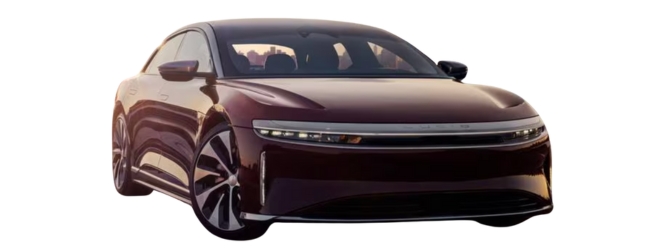
Lucid Air Dream Edition

Lucid Air Sapphire

Mercedes-Benz EQE 350+
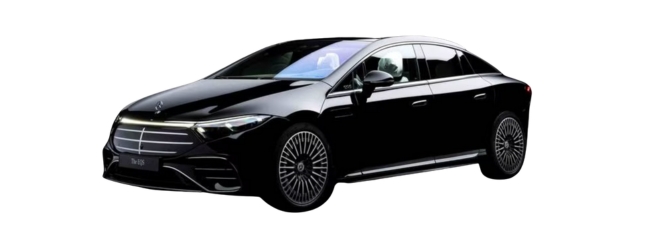
Mercedes-Benz EQS 450+
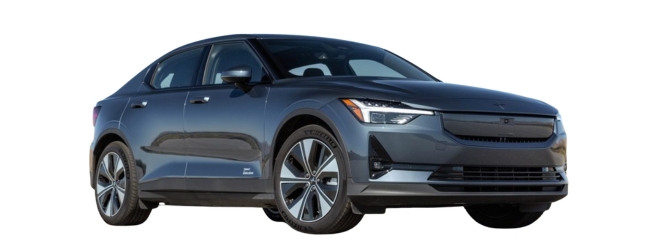
Polestar 2 Long Range Single Motor
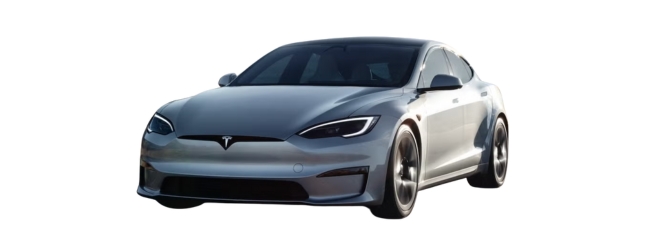
Tesla Model S Long Range
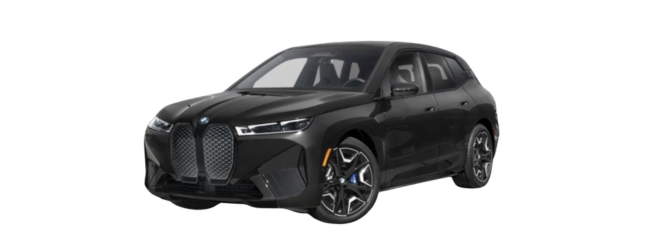
BMW iX xDrive50
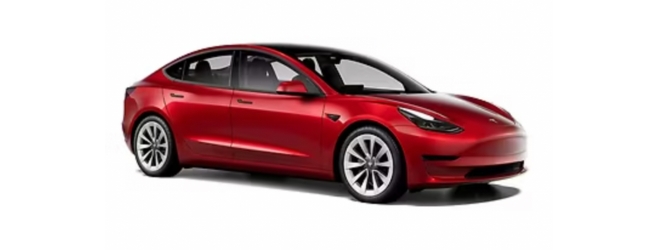
Tesla Model 3 Long Range

BMW i7 xDrive60
Why Accurate Range Estimation Matters
Range anxiety remains one of the primary concerns for potential electric vehicle buyers. Understanding your EV's true capabilities under various conditions transforms this anxiety into confidence. When you know exactly how temperature, speed, and driving style affect your vehicle, you can plan trips effectively and avoid unexpected situations.
Real-World Scenario
A Tesla Model 3 Long Range advertises 629 km WLTP range. However, driving at 130 km/h on a winter highway at -10°C might reduce this to just 380 km. Our estimator reveals these real-world numbers so you can charge strategically and avoid running low unexpectedly.
Professional drivers and fleet managers rely on accurate range data for route planning and vehicle selection. Families need confidence that their EV can handle school runs, grocery trips, and weekend adventures without constant charging stops. Commuters want to understand if one charge can cover their weekly driving patterns.
By providing transparent, detailed calculations that account for real-world physics and verified testing data, our tool helps everyone make informed decisions about electric vehicle ownership and usage. Whether you're considering purchasing your first EV or optimizing the performance of your current vehicle, understanding range under different conditions is essential.
Start Calculating Your EV Range Today
Join thousands of drivers who trust our estimator for accurate, personalized range predictions.
Try the Calculator Now